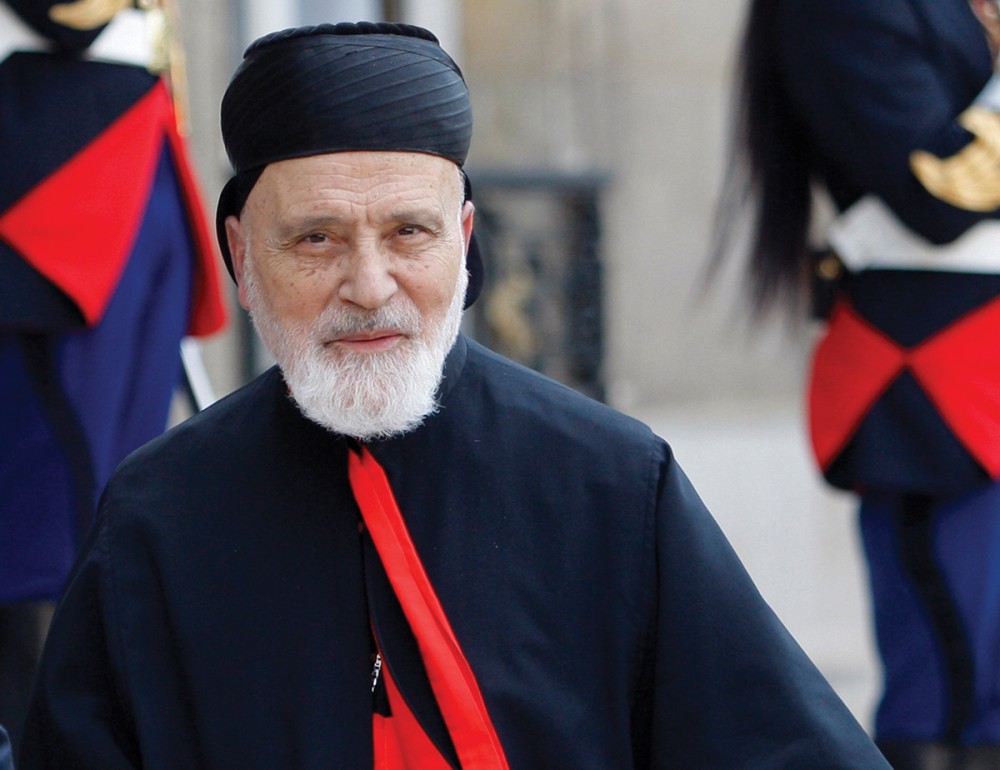Cardinal Nasrallah Boutros Sfeir’s life tells the story of Lebanon
He was a patriarch in the Maronite Church, a diplomatic interfaith leader, and a local power broker.

This past May, Lebanon’s Cardinal Nasrallah Boutros Sfeir died at the age of 98. Scarcely known outside his part of the world, he represented a link to the earliest Christian ages. Throughout his long life, he epitomized the modern struggle of Arab Christians to survive and flourish in a turbulent region. In a sense, his very name recapitulates that story, for it includes both the ancient name Boutros, the Arabic form of “Peter,” and the modern Arabic name Nasrallah, meaning “victory of God.”
Cardinal Sfeir presided over the Maronite Church, the largest Christian body in Lebanon, which takes its name from a venerated fourth-century hermit named Maroun. A long-standing joke attributes to his devotees the remark that “Yes, yes, God is great. But who is like St. Maroun?”
Although other churches dispute the claim, Sfeir claimed to be the legitimate Patriarch of Antioch, the 76th in a sequence going back to the original Boutros, St. Peter. The Maronites practice a liturgy that is Eastern and Syriac in origin, with a powerful monastic tradition and associated customs and dress. At the same time, they recognize the pope, and they are an autonomous or autocephalous community within the Roman Catholic Church.





